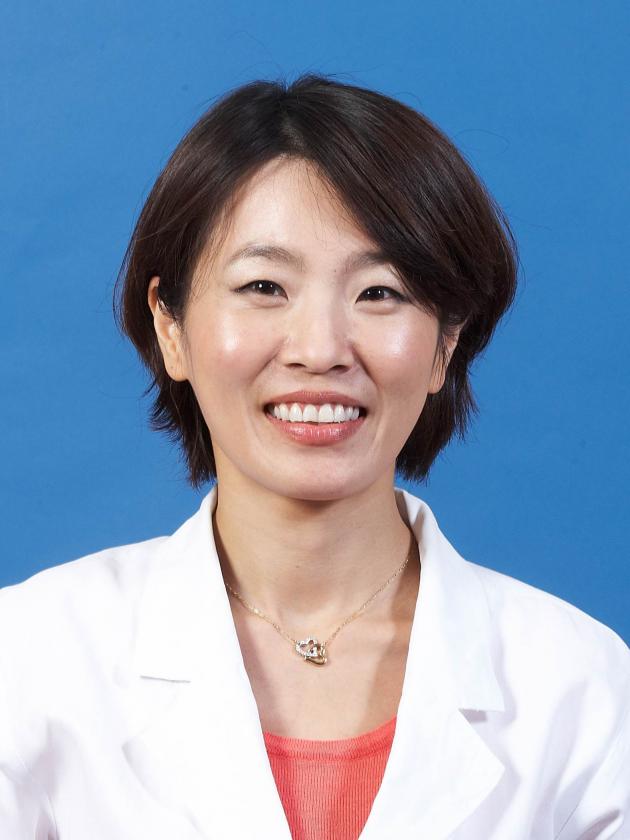
Koreans who live in developing countries may have difficulty receiving the healthcare they need due to lack of medical service infrastructure, medical resources or language barrier.
Seoul National University Bundang Hospital (SNUBH) believes that digital healthcare business is an alternative to solve such problems.
The platform guides patients with health management method appropriate to their physical condition through the remote consultation with medical professionals. Also, by using the mobile health management application, doctors in Korea can receive information such as blood pressure, blood sugar and calorie intake without the hassle of the patient visiting the hospital.
Such quick responses can improve patient accessibility as well as helping to reduce time and costs.
To confirm such results, a research team, led by Professor Kim Joo-young of the department of family medicine at the hospital, evaluated the effect of the use of remote health counseling service and mobile self-monitoring app for blood pressure control among hypertensive patients living in Vietnam.
The study modified the Health on G application so that the medical staff and the patients could share the accurate method to cope with changes in the patient's health data. The application developed by SNUH and HealthConnect has obtained Conformite Europeenne Mark (CE) and international quality standard ISO13485.
The team analyzed 36 patients with systolic blood pressure greater than 130 mmHg or diastolic blood pressure greater than 80 mmHg and conducted individualized health consultations more than twice between October 2016 and December 2017. The team divided the patients into two groups -- one group that self-monitored their progress with an application (10 patients) and the other that did not (26 patients).
As a result, the team confirmed a significant decrease in systolic blood pressure when patients used self-monitoring mobile application. The research showed that the group that self-monitored their progress lowered their systolic blood pressure by 16mmHg after three months of initial diagnosis, while those that did not could reduce their systolic blood pressure by only 2.8 mmHg.
“We confirmed the effectiveness of mobile self-monitoring based on remote health counseling in improving the health of hypertensive patients,” Professor Kim said. “This digital medical system will become an efficient healthcare tool for Koreans with chronic diseases such as hypertension in the expanding global society.”
It can also provide personalized care to people living in areas with limited healthcare resources, she added.
The results of the research were published in the online edition of the Journal of Telemedicine and Telecare.

